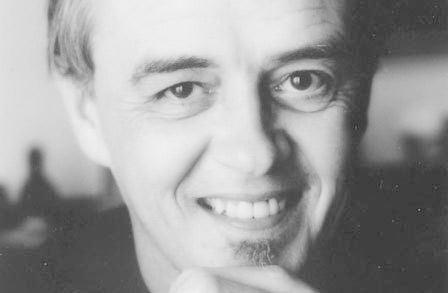The clubhouse was bedecked with blue ribbons
perhaps symbolizing the simpler days of water
splashing everywhere. We were just out for a drive
when we saw it and thought it must mean something
or the boys were having a party tonight because
one of them just turned seventy and was feeling
kind of blue. The older they get the friskier
they get, that’s the rule around here anyway.
We drove down to the pond just to see some water
and then the ducks came over and we talked to them
for an hour or so, mostly about things they
couldn’t understand. I think that’s why
they stayed and talked back so vociferously.
It was cloudy and then it was sunny and then
a big car drove up and some newlyweds got out
and started singing. The ducks were frightened
and frankly so were we, and our fear brought us
closer. We waddled towards the water prestissimo
and paddled for the cattails and waterlilies
on the far side, our panic given way to serenity.
The couple left at the end of the song.
A great blue heron circled overhead. We climbed
ashore and shook off what water we could, and feathers.
We wrapped ourselves in some blanket from the trunk.
On the way home, my wife, who can be very cruel
when she wants to be, says to me, “I prefer
the company of loons, their insane, crazy laughter
is a comfort for which there is no substitute.”
Later that night, I joined the boys at a clubhouse.
They sighed in unison and repeated, “There is precious
little we can do, precious little we can do.”
